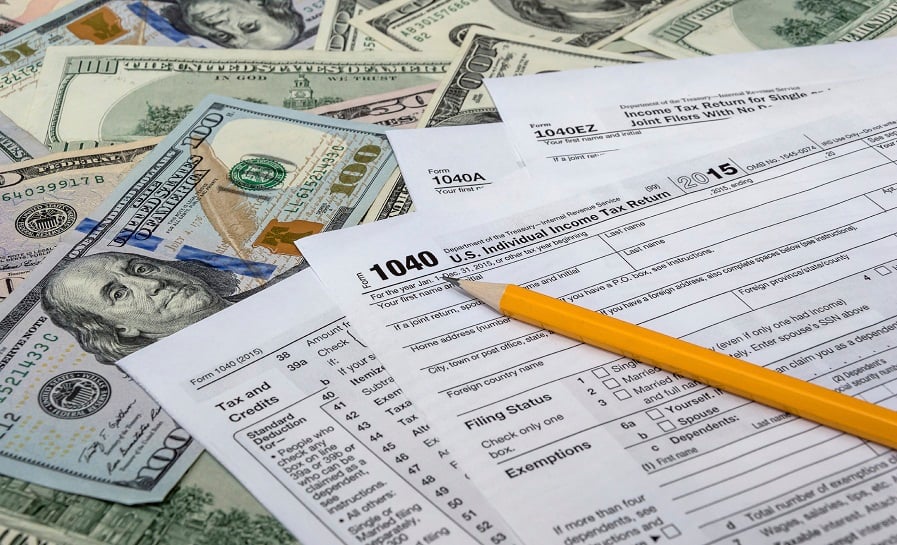The Internal Revenue Service has indicated fines and penalties levied by the brokerage industry's primary regulator are not tax-deductible, which could end up costing those firms hit with such financial damages.
In a
memo published Friday, the IRS said fines assessed by the Financial Industry Regulatory Authority Inc., the brokerage industry's self-funded regulatory body, aren't deductible because the tax code doesn't allow deductions for penalties paid to a government “agency or instrumentality” for violation of a law.
The IRS considers Finra, which is overseen by the Securities and Exchange Commission, to fall within the bounds of an “agency or instrumentality,” which the IRS says is a loosely defined term.
“If a fine is imposed on a taxpayer for violation of the securities laws and regulations, the deductibility of the fine should not depend on whether the same type of bad conduct is being punished by the [self-regulatory organization] or directly by the SEC,” according to the IRS note. “Otherwise, there would be inconsistent treatment of similarly situated taxpayers.”
An IRS spokeswoman didn't return a request for comment. A Finra spokeswoman declined to comment.
In 2014, Finra brought 1,397 disciplinary actions against registered individuals and firms, and levied $132.6 million in fines, according to Finra's
2015 annual report.
Finra has recently doled out record-breaking fines to a handful of broker-dealers. For example, MetLife Inc. agreed in May
to pay a $25 million penalty for compliance
failures related to variable annuity sales. It was the largest fine levied by Finra for those annuity products.
Finra also
fined units of Raymond James $17 million last month for compliance failures in the brokerage firm's anti-money laundering programs, Finra's largest-ever penalty related to anti-money laundering.







